The Effects of Pesticides on Pollinators and Ecological Balance: Pollinators play a crucial role in maintaining ecological balance and ensuring food security. However, the widespread use of pesticides in agriculture and other industries has had a detrimental impact on pollinator populations worldwide. This article explores the effects of pesticides on pollinators and the resulting disruption to ecological balance. We will examine the sublethal effects of pesticides, the decline of pollinator species, and the importance of adopting sustainable alternatives to safeguard these vital contributors to our ecosystems.
The Sublethal Effects of Pesticides
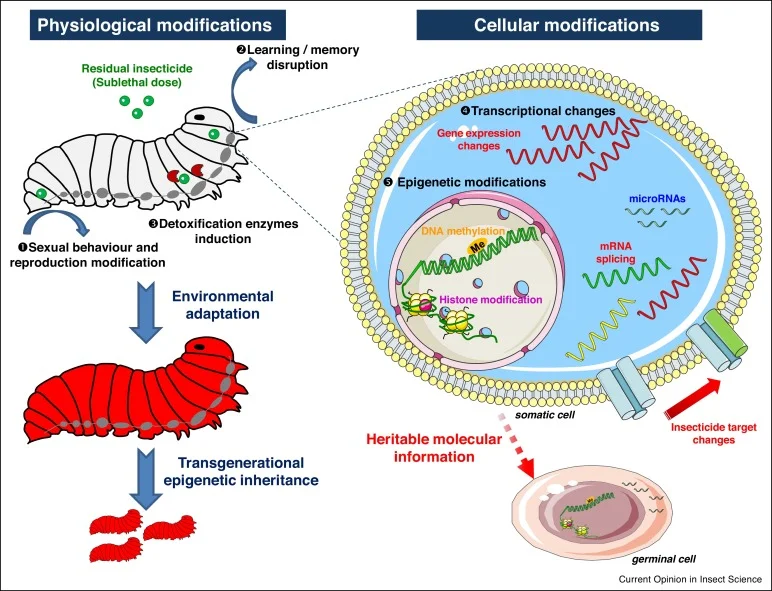
Pesticides, including insecticides, herbicides, and fungicides, are designed to kill or control pests and weeds. However, many of these chemicals can have unintended consequences on pollinators, even when used at sublethal doses. Pollinators, such as bees, butterflies, and birds, can be exposed to pesticides through direct contact with treated crops, contaminated pollen and nectar, or through the ingestion of contaminated water sources.
Studies have shown that sublethal doses of pesticides can have a range of detrimental effects on pollinators. These effects include impaired navigation and foraging abilities, decreased reproductive success, compromised immune systems, and altered feeding behaviors. Furthermore, certain pesticides can accumulate in the bodies of pollinators, leading to long-term exposure and increased vulnerability to diseases and parasites.
Decline of Pollinator Species
The decline of pollinator species is a growing concern worldwide. Bees, in particular, are vital pollinators for numerous crops, contributing to the production of fruits, vegetables, nuts, and seeds. However, multiple factors, including habitat loss, climate change, and pesticide use, have contributed to significant declines in bee populations.
Pesticides, especially neonicotinoids, have been strongly linked to the decline of bee populations. These systemic insecticides are widely used in agriculture and have been shown to impair bee navigation, memory, and foraging capabilities. They can also weaken bees’ immune systems, making them more susceptible to diseases and parasites.
The decline of pollinators has far-reaching consequences for both natural ecosystems and agricultural productivity. Many plant species depend on pollinators for reproduction, and their absence can disrupt ecosystem dynamics and biodiversity. Moreover, the loss of pollinators can have severe economic impacts, as it threatens the global food supply and the livelihoods of farmers who rely on pollinator-dependent crops.
Sustainable Alternatives for Pollinator Protection
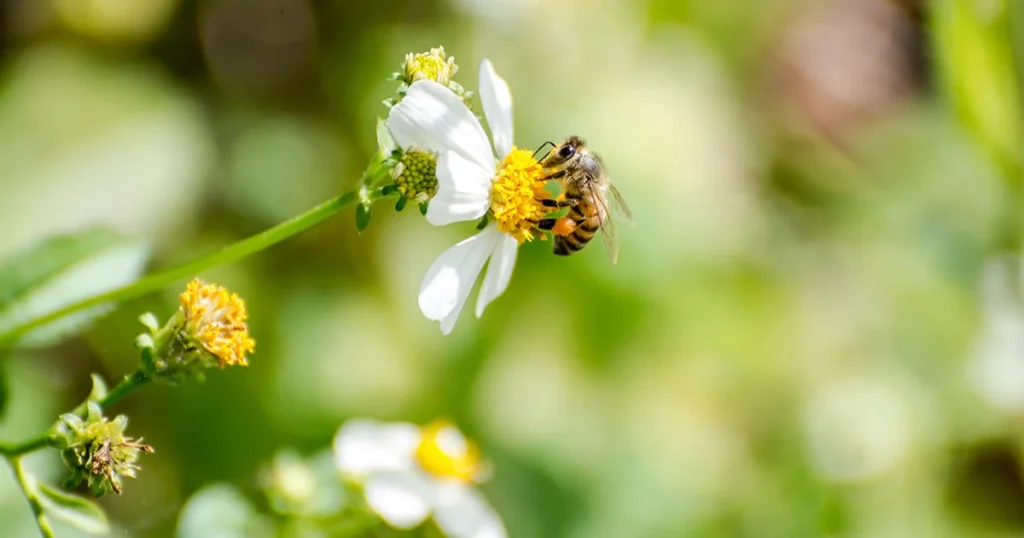
To mitigate the harmful effects of pesticides on pollinators and restore ecological balance, it is essential to adopt sustainable alternatives in agriculture and land management practices. Integrated Pest Management (IPM) is a holistic approach that aims to minimize pesticide use while effectively managing pests.
IPM strategies include practices such as crop rotation, habitat conservation, biological control, and the use of pest-resistant crop varieties. By implementing these methods, farmers can reduce their reliance on chemical pesticides and create habitats that support pollinators and other beneficial insects.
Additionally, raising awareness about the importance of pollinators and their conservation is crucial. Communities, educational institutions, and policymakers should collaborate to promote sustainable gardening practices, protect natural habitats, and establish pesticide-free zones where pollinators can thrive.
The effects of pesticides on pollinators are a pressing environmental concern with far-reaching consequences for ecological balance and food security. It is imperative to recognize the sublethal effects of pesticides on pollinators and take proactive measures to protect these invaluable creatures.
Read Also: Preserving Natural Heritage
![]()

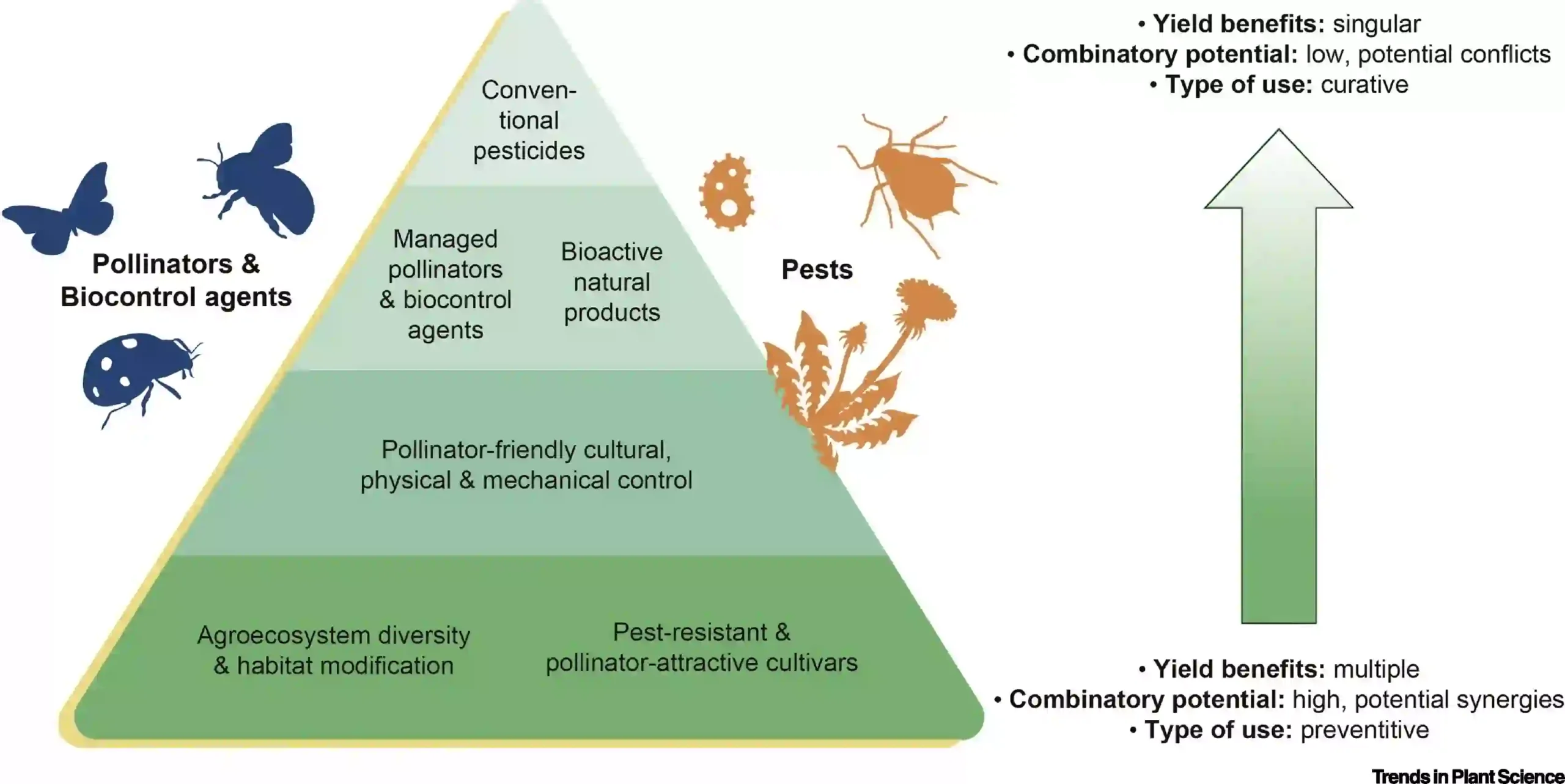
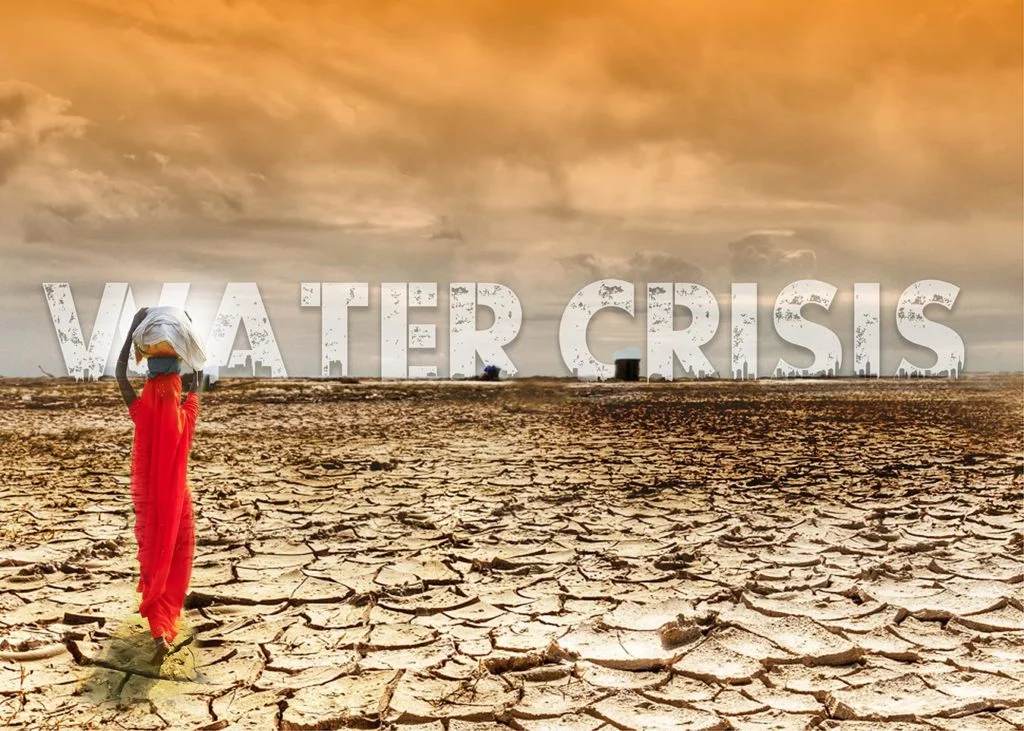

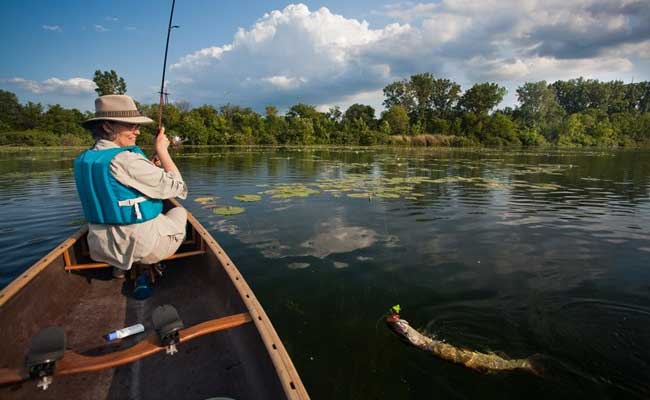

2 thoughts on “The Effects of Pesticides on Pollinators and Ecological Balance”